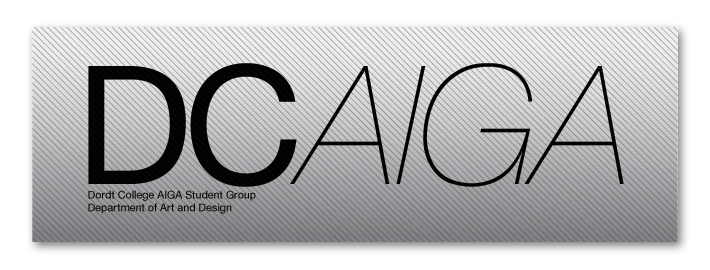
Illustration courtesy of Wired.
Does this sound familiar?
1. Announce a design project as a contest for prize money (winner take all).
2. Wait for college graphic design teams to contribute proposals.
3. Select the best one.
To my knowledge, the graphic design curriculum at Dordt College has always allowed for doing actual client work in order to gain experience. Perhaps I rationalize that this is okay because most college graphic design programs do it, and besides, other than internships, what better way is there for students to both gain experience and build their portfolios? Almost all of the projects Dordt has developed have been for non-profit organizations. Such projects have resulted in genuine service and learning as well as gaining program notoriety. We currently have a waiting list of project requests. However, we also select only projects that fit certain pedagogical criteria.
When I was practicing full-time as a free-lance graphic designer I felt uneasy when clients used students for professional services. As an instructor, on the other hand, I understand when students tell me that they value the client based projects they have worked on. Whether paid or not, however, I’ve sensed that some students have had questions about the practice of fulfilling client commissions.
I think there can be a fine line between design contests, spec work, and pro bono projects. I’ve abided the AIGA stance on “spec” work and with the exception of a few pro bono projects I’ve never taken on these types of projects. I have done so in order to foster a professional standard in the industry.
In a recent piece titled AIGA’s Response to NEA’s Call for Logos David Airey, a brand identity designer, raises questions about design contests as spec work. The comments to Airey’s post are very interesting too. (Thanks to Jamin Ver Velde, a follower of this blog for alerting me to David Airey.com).
This is from the AIGA regarding “spec” work:
1. Announce a design project as a contest for prize money (winner take all).
2. Wait for college graphic design teams to contribute proposals.
3. Select the best one.
To my knowledge, the graphic design curriculum at Dordt College has always allowed for doing actual client work in order to gain experience. Perhaps I rationalize that this is okay because most college graphic design programs do it, and besides, other than internships, what better way is there for students to both gain experience and build their portfolios? Almost all of the projects Dordt has developed have been for non-profit organizations. Such projects have resulted in genuine service and learning as well as gaining program notoriety. We currently have a waiting list of project requests. However, we also select only projects that fit certain pedagogical criteria.
When I was practicing full-time as a free-lance graphic designer I felt uneasy when clients used students for professional services. As an instructor, on the other hand, I understand when students tell me that they value the client based projects they have worked on. Whether paid or not, however, I’ve sensed that some students have had questions about the practice of fulfilling client commissions.
I think there can be a fine line between design contests, spec work, and pro bono projects. I’ve abided the AIGA stance on “spec” work and with the exception of a few pro bono projects I’ve never taken on these types of projects. I have done so in order to foster a professional standard in the industry.
In a recent piece titled AIGA’s Response to NEA’s Call for Logos David Airey, a brand identity designer, raises questions about design contests as spec work. The comments to Airey’s post are very interesting too. (Thanks to Jamin Ver Velde, a follower of this blog for alerting me to David Airey.com).
This is from the AIGA regarding “spec” work:
AIGA believes that a professional association should not be a monolithic authority releasing edicts for all to observe. Rather, the ethics of a profession should emerge from its members, reflecting the tacit agreement of a profession on behavior that is deemed appropriate, respectful and honorable. An association may articulate the implicit standards of integrity, but it does not set them. And as social, professional and business conditions change, it is important to restate positions so they are relevant to the context in which they will be applied — in this case, the AIGA’s position on spec work.


No comments:
Post a Comment
Comments are moderated, and will not appear until the editor has approved them.